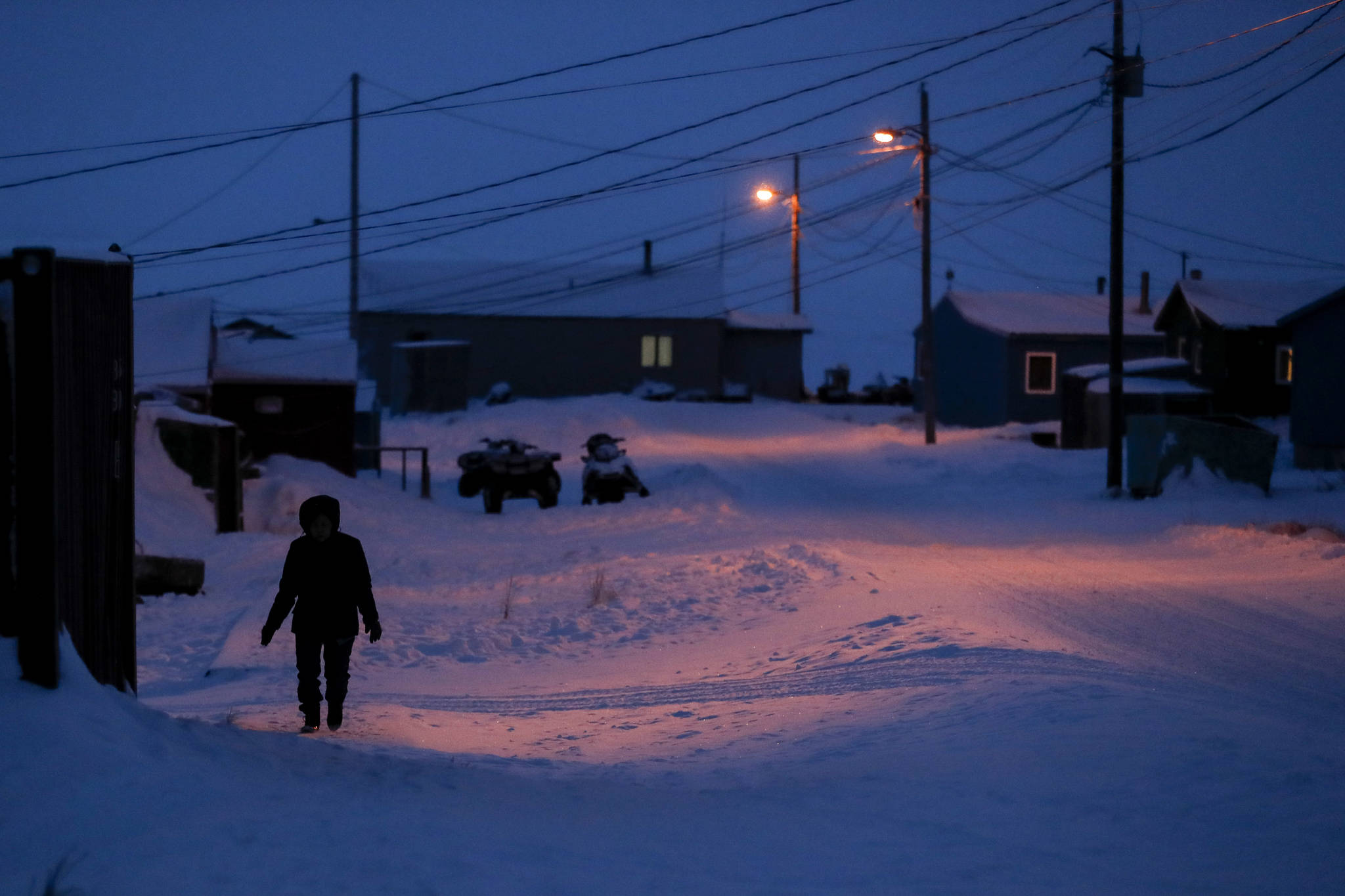Alaska Native Corporations may not receive federal coronavirus relief money after a district judge ruled Monday corporations don’t fit the definition of an Indian Tribe under that language of the CARES Act.
The ruling was the result of a lawsuit brought by at least 15 tribes in the Lower 48 against the U.S. Treasury Department, according to the Associated Press. Neither the Treasury nor the corporations themselves showed they provided public services comparable to tribes in the lower 48, U.S. District Court Judge Amit Mehta ruled.
The CARES Act allocated $8 billion in funding for tribal governments, but shortly after the bill was passed, tribal governments filed suit against the Treasury for listing ANCs as eligible for funding, according to Mehta’s ruling.
But the Alaska Native Village Corporation Association and the Alaska Native Claims Settlement Act Regional Association, who filed a joint brief in defense of the Treasury, believe higher courts will rule in their favor.
“This will mean a delay in necessary resources and economic assistance for Alaska Native people in our communities and our state,” the organizations said in a joint statement. “We look forward to a ruling that will allow us to receive additional, much needed aid.”
Goldbelt Inc. and Sealaska Corporation did not respond to calls seeking comment.
At a press conference Monday evening, Sens. Lisa Murkowski and Dan Sullivan, both Republicans, said they were disappointed by the ruling.
“As one who was a member of the delegation that worked to make sure that the intent within the CARES Act was clear, very clear, that Alaska Native Corporations would be considered as tribal governments for the purposes of the CARES Act,” Murkowski said, “I will tell you that I’m very disappointed.”
Sullivan said Alaska Native Corporations had been treated like tribal governments for years, and that the Indian Self-Determination and Education Assistance Act clearly defines ANCs like a tribal government.
“I can’t imagine a judge would rule that somehow ANCs are not considered tribes when the plain language of the law in the CARES Act says that they are,” Sullivan said.
Mehta, however, said the Treasury was unable to provide any instances of ANCs entering into “self-determination contracts” with the federal agencies to provide services that would otherwise be provided by federal government. He does allow, however, the Treasury put their proposal together under a limited amount of time.
On Tuesday, tribes involved in the lawsuit urged the Treasury to begin dispersing funds that were meant to be paid out Sunday, the AP reported.
Harry Pickernell, Sr., the chairman of Confederated Tribes of the Chehalis Reservation in Washington state, the lead plaintiff tribe, told the AP he was pleased with the judge’s ruling.
“This ruling will help tribal governments to lead in the aid and recovery of their people,” he said in a statement.
Murkowski said it was the intent of the CARES Act to help pay for costs incurred because of the pandemic, regardless of government.
“This is not an issue of governance,” she said. “The distributions within CARES is to ensure that those costs that have been incurred directly to deal with the COVID pandemic that those are eligible for reimbursement.”
• Contact reporter Peter Segall at psegall@juneauempire.com. Follow him on Twitter at @SegallJnoEmpire.

